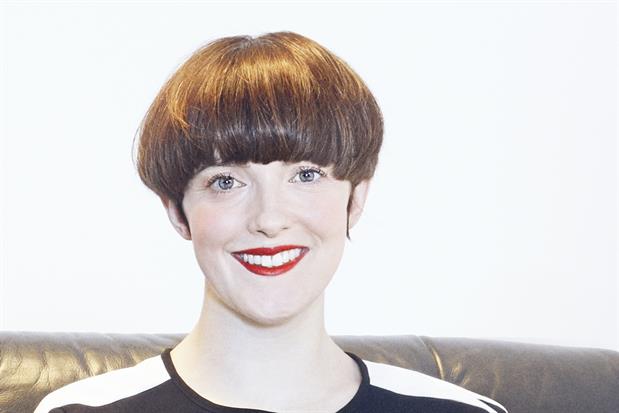Unchecked, we're hardwired to be drawn into a very uncomfortable mindstate. An uncanny emotion that jumbles together a little aggression, a touch of envy and the thrill of revenge. A feeling championed by System 1 as one of the most effective forms of happiness to leverage in comms for growth. And perhaps best explained by the ever-eloquent Lisa Simpson. If you haven't clocked it yet, I'm talking about schadenfreude.
In our hyper-competitive field of advertising, it's perhaps all too easy to see the world through the lens of schadenfreude, where pitching (and thus life) is a zero sum game. Born of the scarcity myth that there's not enough happiness, joy or success to go round, schadenfreude reduces everything to relative terms, letting our comparing minds have a total field day: if I gain, someone else has to lose.
As the pandemic stretches on, this form of dark joy has reared its ugly head more and more on social media. Bleakly, Wired reported that a recent BBC news story "LA man who mocked Covid-19 vaccines dies of virus" had 11,000 "haha" smiley face reactions, to 8,400 "sad" reactions on social; a similar Mail Online article had nearly double the number of smiles. While I'm sure the guilt-tinged joy of schadenfreude isn't alien to any one of us, reading of delight taken in the death of anti-vaxxers was a particular low for me in a rather low year all-round.
It made me wonder, what if there was an emotional antithesis that could be equally magnetic? Rather than a dark delight in others' failure or loss, was there a word that meant feeling an overwhelming sense of pride and joy in other's success; an excitement that could grow rather than diminish with time? Turns out there is. Let me introduce mudita, from the ancient Indian language Pali, meaning taking joy from others' good fortune.
The delayed Tokyo Olympics has been the purest example of mudita I can think of, which might seem strange for the most competitive stage there is. After challenging their bodies and minds for four years, then another year on top, the athletes entered the most sterile, crowd-free of environments to compete against the best in the world.
Against that backdrop, it's a miracle those athletes had the emotional capacity to smile at all, let alone cheer and congratulate those beating them to a medal. But they did. I wept to see the high jumpers from Qatar and Italy share gold; and questioned why it felt so novel to see the young skateboarders support and celebrate each other throughout the heats and into the final.
Across the Olympics, it seemed like the athletes really, really wanted each other to do well – and in genuinely caring about each other (not just about winning), they reflected the very best of the human spirit in Tokyo.
Less grand a stage, but I think a lot of recent advertising news deserves a mudita shout out too. I bloody love Leo Burnett's new McDonald's campaign. I'm not desperate for a KFC rival to fall flat; I'm delighted to see brilliant work for real people, and love that I'm jealous of it. I've been talking to everyone about it.
My heart leapt with glee for Vicki and Jen when I saw Britt had joined them at Havas. Of course, I'd love to beat that seriously formidable trio the next time we pitch against each other – but that doesn't mean I can't also take delight in those brilliant women coming together to lead a competitor.
I was so happy for Lucky Generals when it won Ovo and Virgin Atlantic on the same day, even though it beat us on the latter. We sent apple pie and suggested 14 June become an annual Lucky Day.
And in Cannes, where AMV – with the excellent "Womb stories" leading the charge – picked up agency of the year, it was thrilling for the advertising world to feel so strongly that the UK is still a creative force to be reckoned with.
I haven't written this piece as a humble brag to show that I'm a nice person (though I do believe that being nice is seriously underrated). My motivation is far simpler: taking joy in others' success shouldn't be our industry's outlier. I'd love advertising to embody a more empathetic pride that's no less competitive, but just a little less unevolved Alpha.
After so much enforced isolation, could we park once and for all the edgy antagonism, and instead feel uplifted when others succeed? When one individual or agency shines, we all look to raise our game. If we all lived with a bit more mudita, brought more equanimity, stopped taking energy from envy and instead found delight in others' happiness and success, just imagine how good we could be.
Katie Mackay-Sinclair is a partner at Mother


